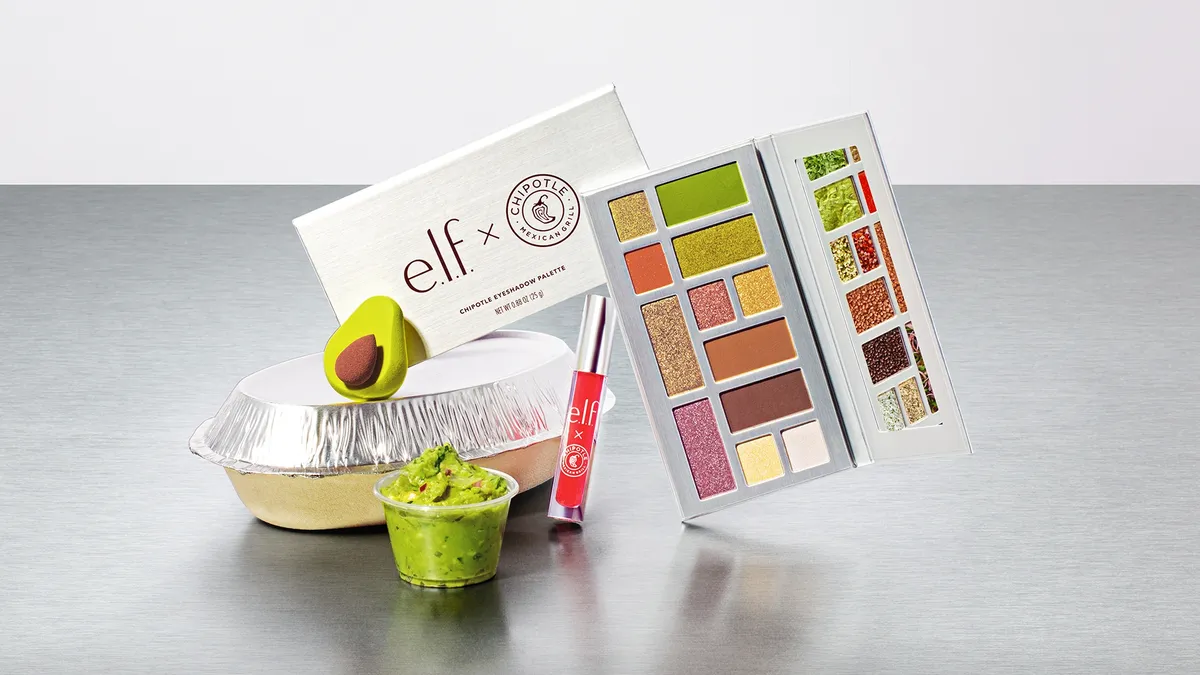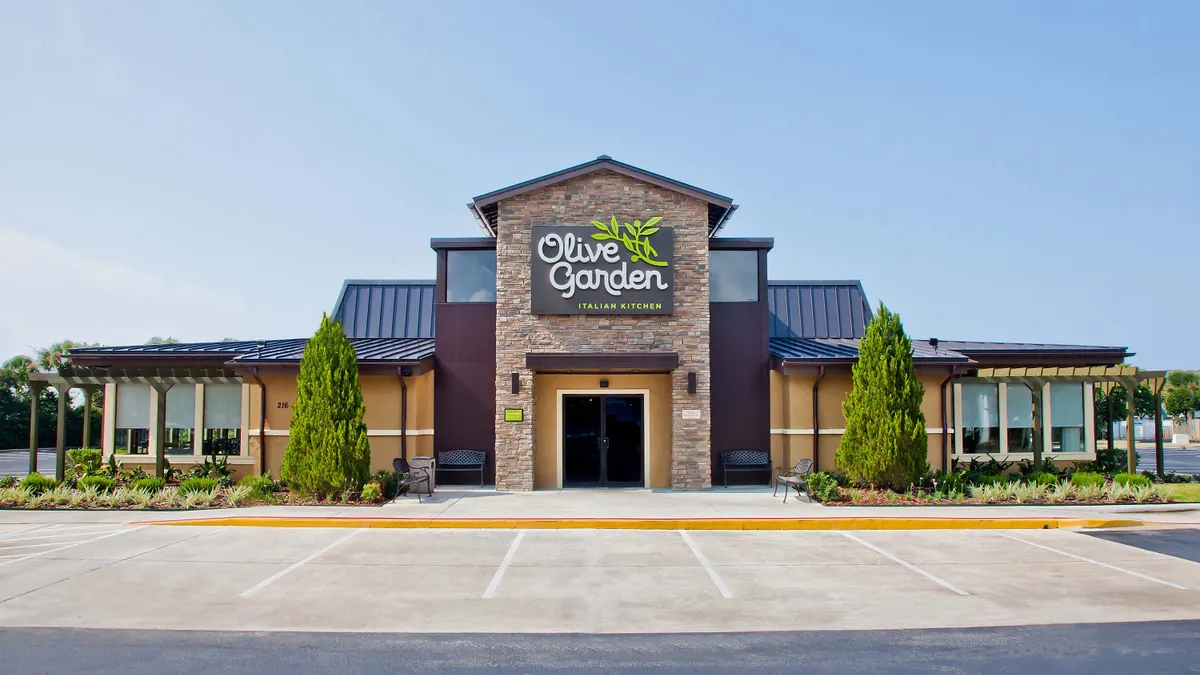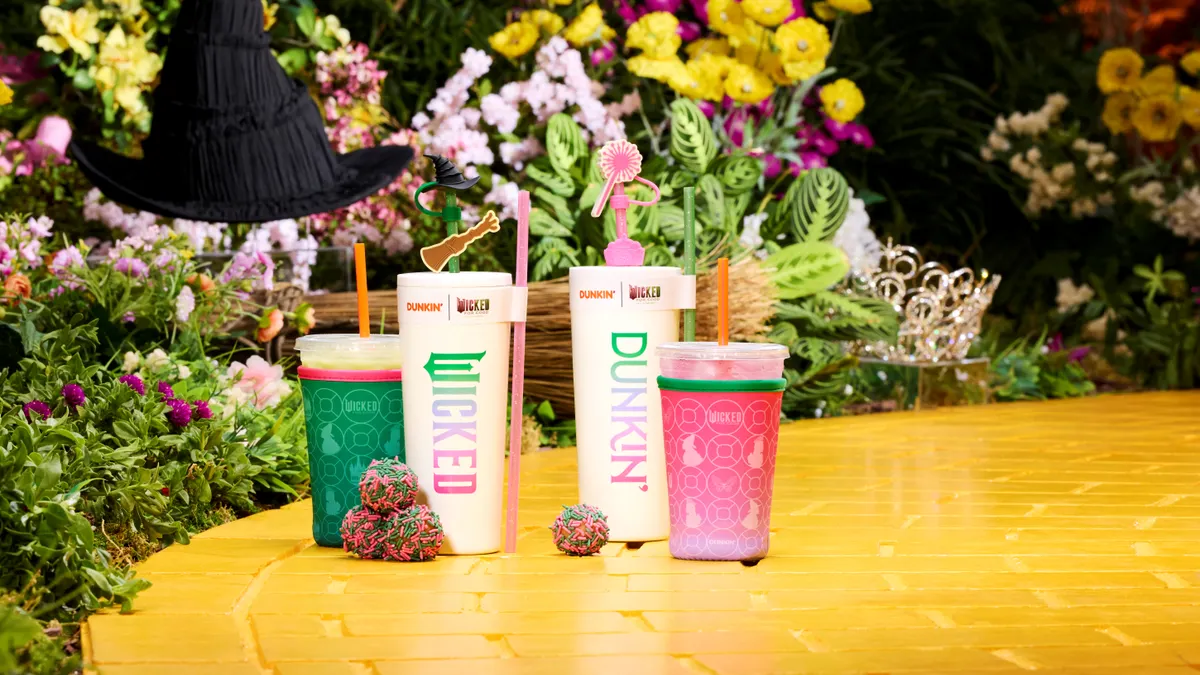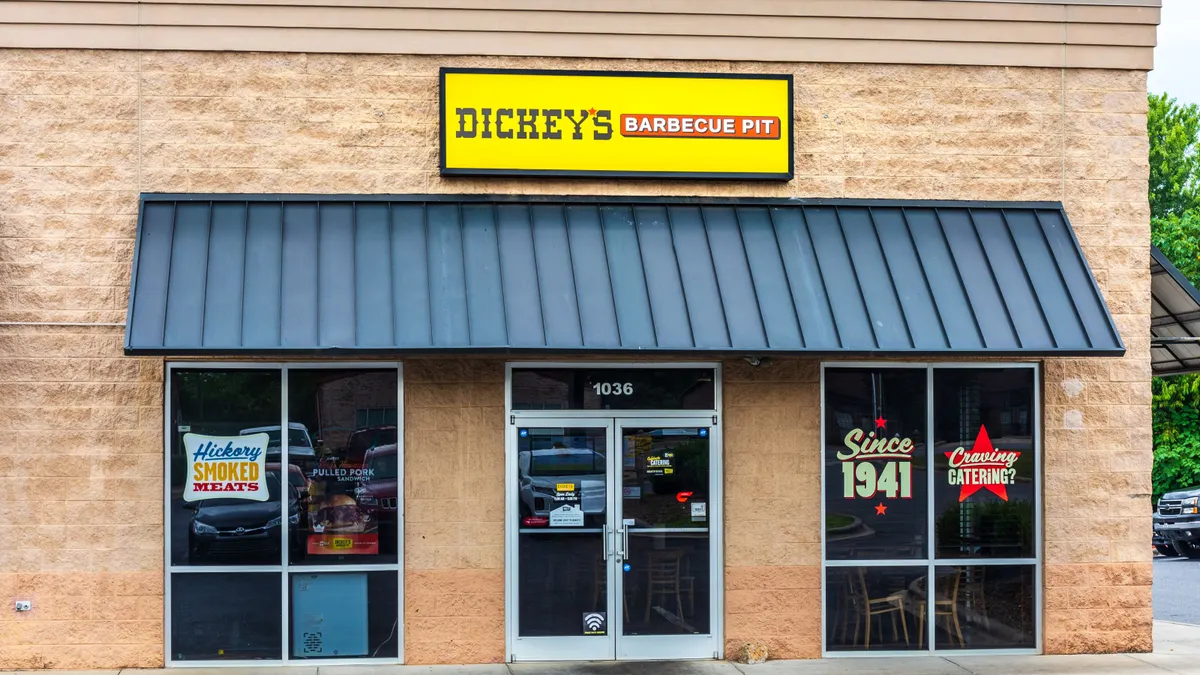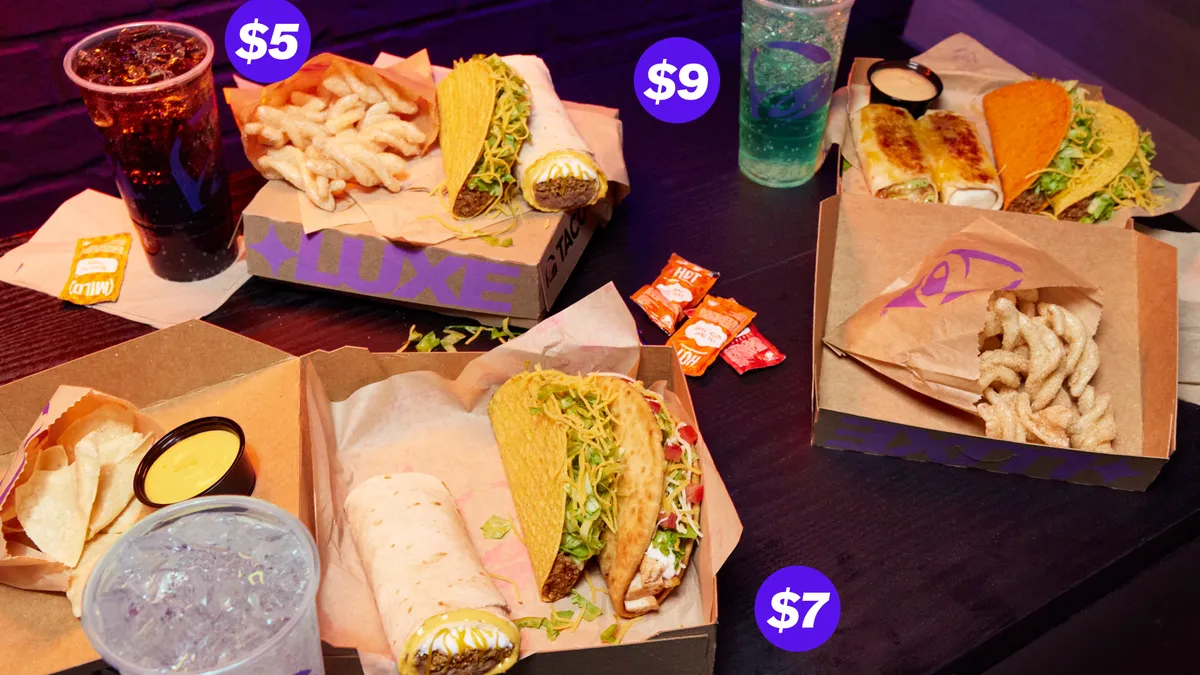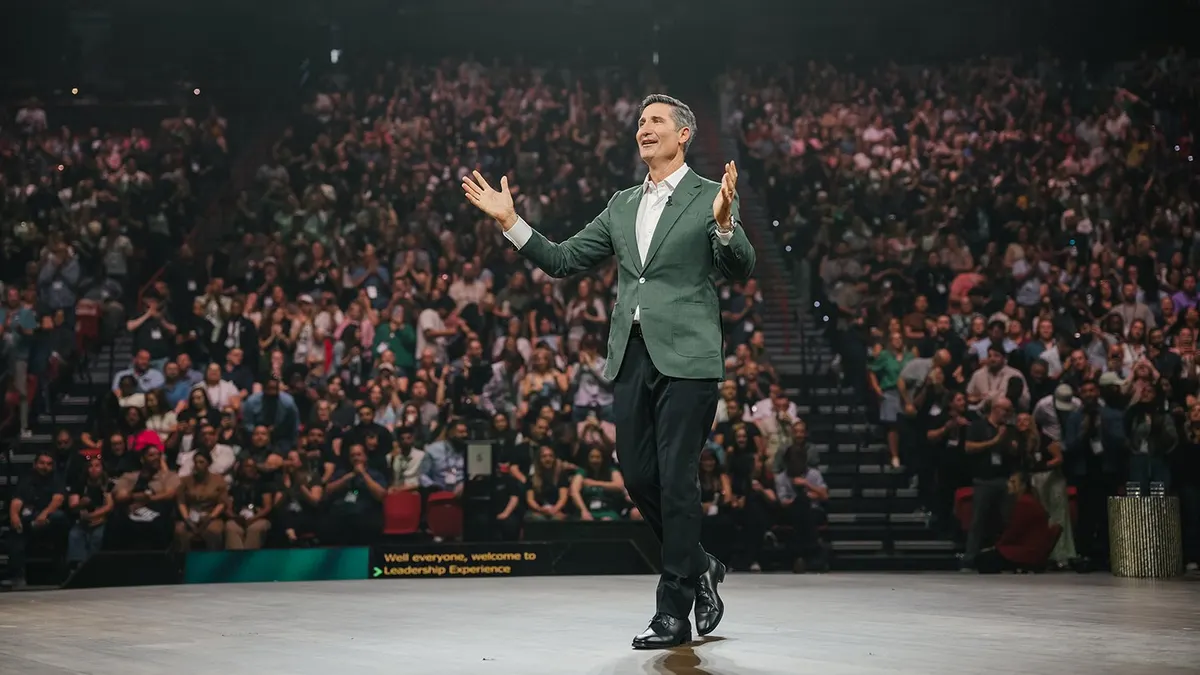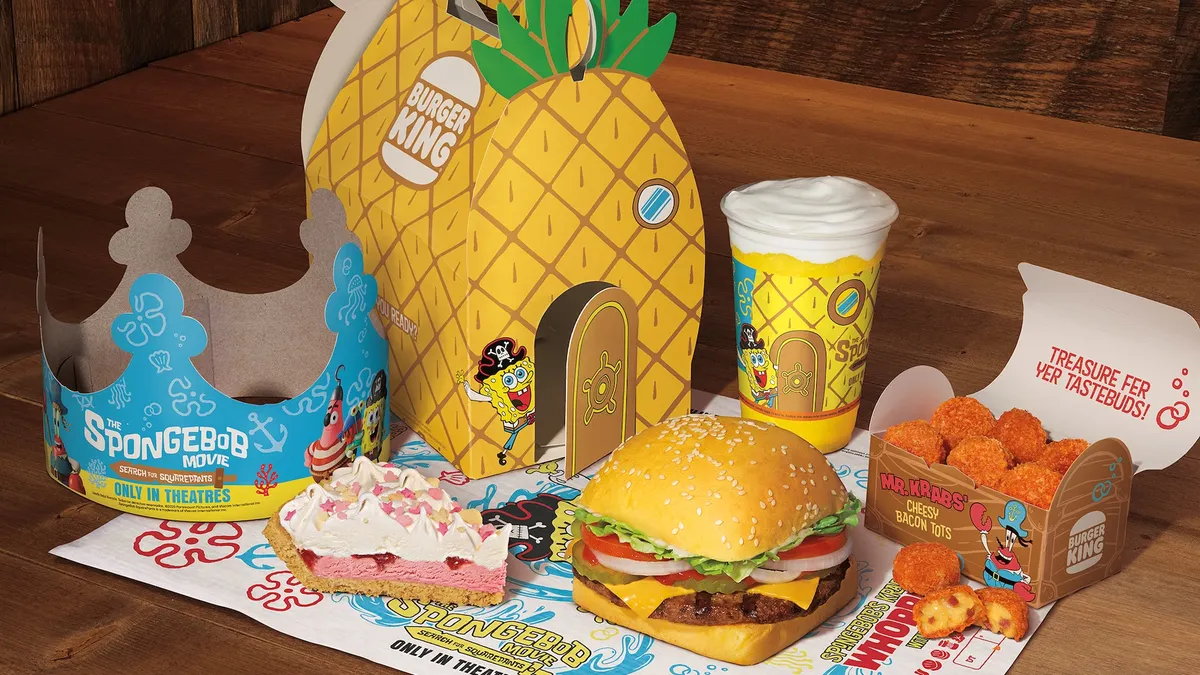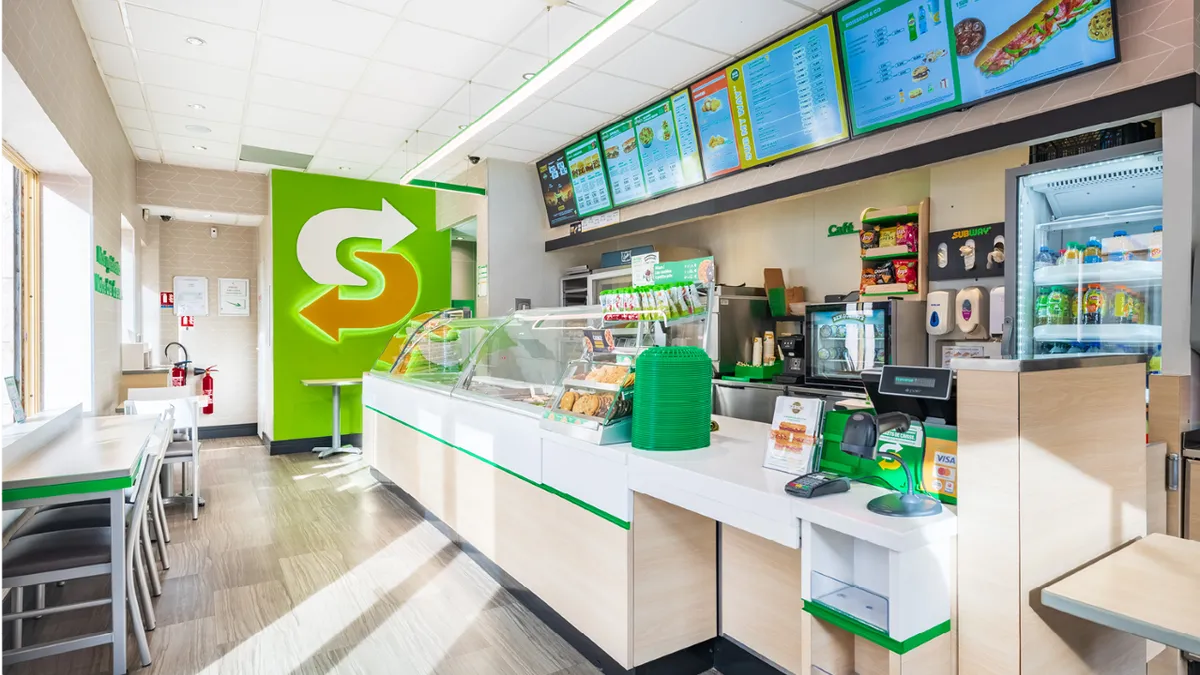As the pandemic reached its first anniversary during the first half of 2021, people continued to rely on their mobile devices to manage their lives. Growing smartphone usage gave marketers a way to engage consumers with their brands, whether they sought to raise awareness or drive direct sales.
After last year's 14% jump in time spent with mobile devices to an average of four hours and 16 minutes a day, consumers are steadily increasing their mobile usage by 2.5% this year, according to eMarketer. The researcher said popular app categories like audio, social and video are driving the growth, suggesting mobile platforms have been essential in capturing the attention of consumers.
Meanwhile, app stores saw significant revenue growth in the past six months, a sign that consumer enthusiasm for paid apps and subscriptions was strong. Global consumer spending on Apple's App Store and Google Play jumped 25% from a year earlier to $64.9 billion in the first half of 2021, analytics firm Sensor Tower estimated.
Several brands capitalized on this uptick through creative marketing efforts that leaned on buzzy collaborations, star power and innovative mobile technology. Here are six of the year's most notable mobile campaigns so far.
Chipotle offers limited menu with a side of E.l.f. Cosmetics
Chipotle Mexican Grill and E.l.f. Cosmetics, two brands that consumers wouldn't necessarily associate with each other, partnered to offer a limited-time menu item and makeup collection inspired by burrito ingredients. To maximize the campaign's reach on mobile devices, the brands developed original content for platforms such as YouTube, TikTok, Ntwrk and Clubhouse.
Marketing collaborations between restaurants and makeup brands are more common in China, though are still somewhat rare in the U.S. As brands experiment with ways to generate buzz with off-beat campaigns that engage people on digital platforms, they may see greater adoption.
Heinz and Burger King target Waze users driving at the speed of ketchup
With the return of heavy traffic as the summer travel season picked up, Heinz teamed with Burger King and navigation app Waze on a campaign targeting Canadian drivers as they slogged through crowded streets. The campaign not only served traffic-activated ads through Waze, but also targeted app users who drove at the extremely slow speed of a Heinz ketchup pour — about 0.03 miles per hour. Those Waze users received a digital coupon for a plant-based Impossible Whopper.
The effort was notable for using Waze's technology to track drivers and determine their driving speed to deliver the special offer. Waze has worked to expand its location-based ad platform to connect marketers with consumers when they're most likely visiting stores, restaurants, gas stations and other businesses.
Verizon's Super Bowl push features virtual Fortnite stadium, 5G experience
As the NFL hosted the first Super Bowl during the pandemic, its sponsors sought ways to parlay interest in the game into mobile engagement. Verizon launched a comprehensive campaign that included the debut of a virtual football stadium in the video game Fortnite and a livestreamed concert. The telecom giant also created a 5G SuperStadium in the NFL mobile app that let iPhone 12 users watch the game from different camera angles.
With the campaign, Verizon sought to highlight its high-speed mobile service and reach younger consumers whose passion for video games like Fortnite rivals their interest in live sports.
Barilla's pasta timer playlists make for cultural moments on Spotify
Seeking to create a cultural moment for home cooks, pasta brand Barilla assembled a collection of Spotify songs with lengths equaling the cooking times for different kinds of noodles. The songs had playful names featuring the most popular genres of music in Italy, such as "Mixtape Spaghetti," "Boom Bap Fusilli" and "Pleasant Melancholy Penne."
The campaign was notable for its effort to connect with homebound consumers during the pandemic, especially as they relied on digital platforms like Spotify to keep themselves entertained. Aside from streamed music, Spotify has invested in podcasts to help differentiate its platform from rivals. The company last month acquired Podz to help listeners sort through its millions of podcasts. In March, Spotify bought Betty Labs, the creators of sports-focused live audio app Locker Room, to reach a wider group of listeners.
McDonald's BTS menu collab with in-app content, merch drop
McDonald's in the past year has partnered with music and sports stars to create special menu items that lure fans. The burger chain teamed with K-pop group BTS to offer their preferred meal order inspired by recipes from McDonald's South Korea.
Extending the merchandising efforts of prior campaigns, McDonald's created a capsule collection of clothing inspired by items from the special BTS menu. The campaign was notable for the mobile merchandising effort, in which rather than giving away the items, McDonald's sold them on the fan merchandise app Weverse Shop.
Lay's unleashes AI with personalized messages from Lionel Messi
Lay's supported its sponsorship of the UEFA Champions League with a campaign that harnessed emerging technologies to integrate its brand with people's conversations in chat and social media apps. The snack brand set up a website that let soccer fans create personalized video invitations from Lionel Messi, one of the sport's biggest stars.
The Messi Messages website asked visitors to provide a few key details to include in a video message, such as the names of the sender and recipient. With the tap of an on-screen button, the site generated a downloadable video showing Messi speaking those names in an invitation to watch a soccer game. The messages resembled deepfakes, or videos that have been manipulated with artificial intelligence (AI) to appear as if they're authentic depictions of people talking. But they also showed the possibilities for brands to participate in people's mobile conversations with memorable experiences.

